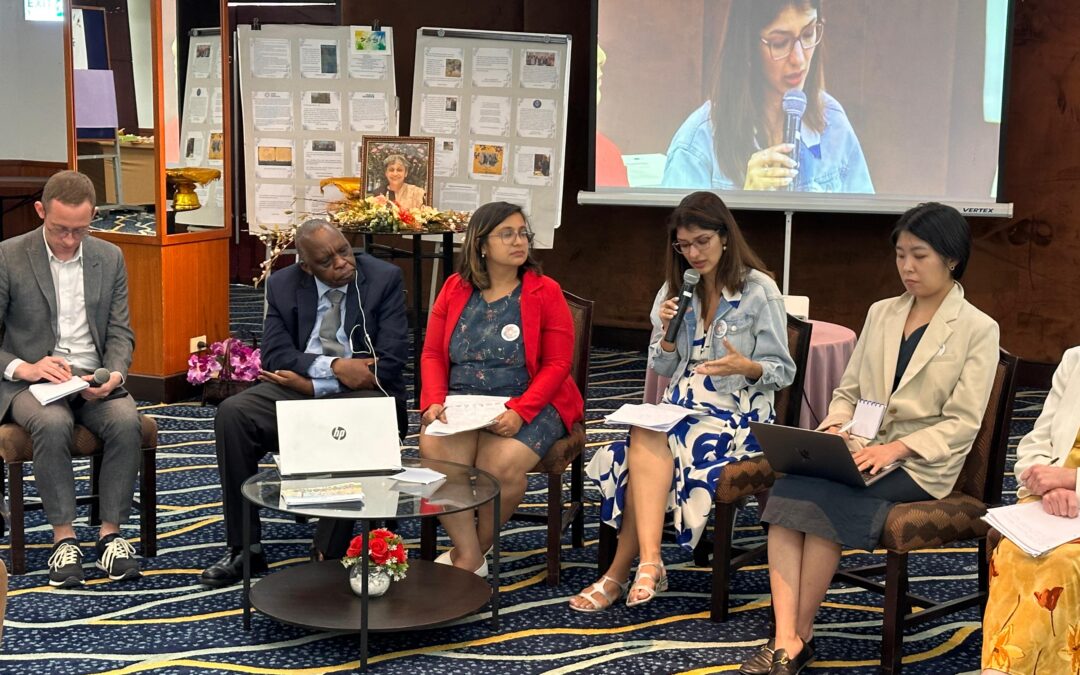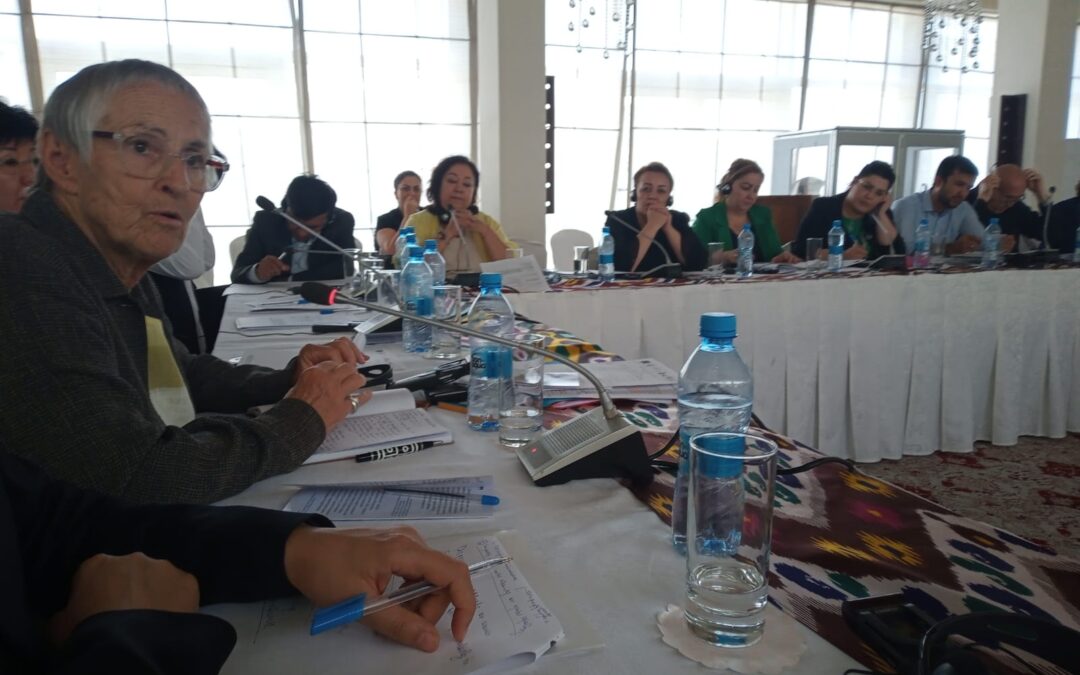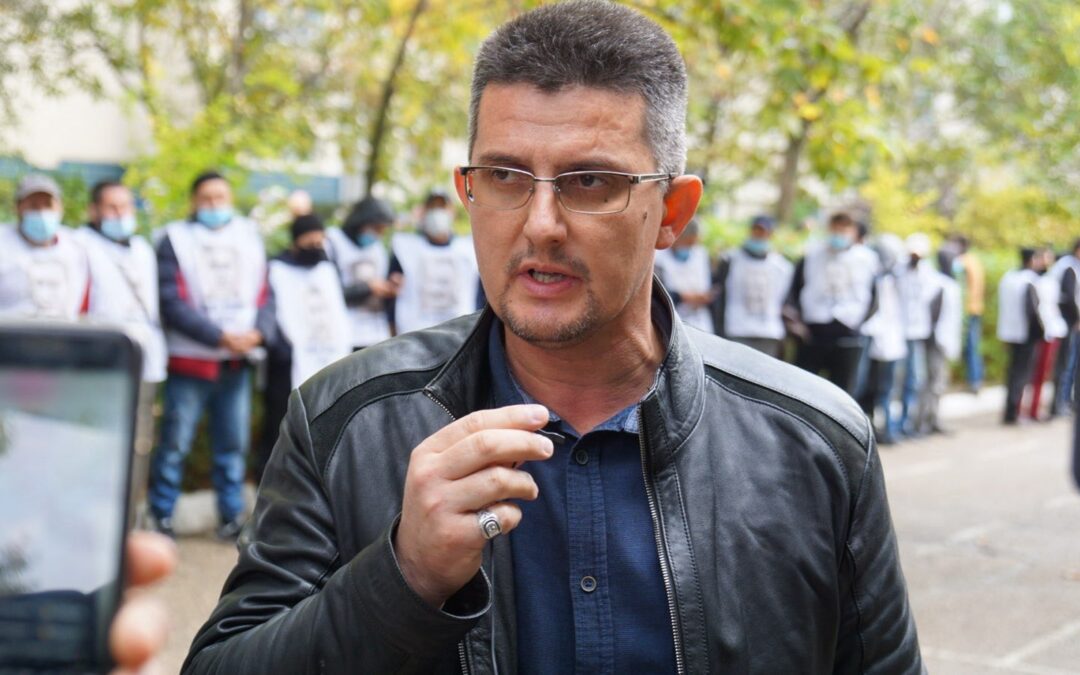
Asia-Pacific: the Kathmandu Declaration, a call for action to ensure access to justice for persons with disabilities
On 18 November, the International Commission of Jurists (ICJ) together with Transforming Communities for Inclusion (TCI) and in collaboration with KOSHISH and Nepal Disabled Women’s Association launched the Kathmandu Declaration on Access to Justice for Persons...
Access to justice for survivors of gender-based violence: a word with ICJ Commissioner Patricia Schulz
From 16 to 19 September 2024, the International Commission of Jurists (ICJ) conducted a mission to Tajikistan, focusing on improving access to justice for women survivors of gender-based violence (hereafter GBV). The mission was organized in collaboration with the...
Russian Federation: Authorities must end the prosecution of lawyer Dmitry Talantov for exercising freedom of expression
The International Commission of Jurists (ICJ) condemns the ongoing criminal prosecution of Dmitry Talantov, a prominent Russian lawyer and former president of the Udmurtia Bar Association, and calls for the prosecuting authorities to put an immediate end to the trial against him and drop the charges.

Statement on the continued harassment of Crimean human rights defenders and lawyers Rustem Kyamilev and Lilia Hemedzhy
Lawyers for Lawyers, the Observatoire International des Avocats en Danger, the International Bar Association’s Human Rights Institute, the International Commission of Jurists, the Law Society of England and Wales, the Fédération des Barreaux d’Europe, Front Line Defenders, and the Alliance for Lawyers at Risk strongly condemn the violent raid on 7 November on the home of Crimean human rights defenders and lawyers Lilia Hemedzhy and Rustem Kyamilev, resulting in the arbitrary arrest and detention of Rustem Kyamilev.




